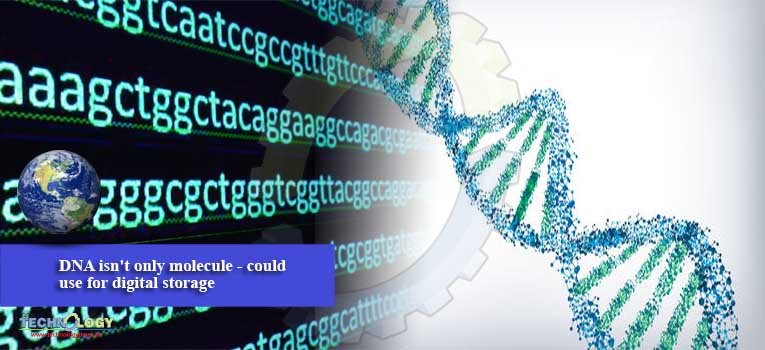DNA isn’t the only molecule we could use for digital storage. It turns out that liquid solutions containing sugars, amino acids and other small molecules could replace hard drives too.

It is possible to store data on DNA. To test this researchers created mixtures of common metabolites solutions containing sugars, amino acids and other small molecules that humans and other living organisms use to digest food and to carry out other important chemical functions.
Their idea was to use the presence or absence of particular metabolites in the mixtures as the binary 1s and 0s that can encode digital information.
They used standardised plates, the size of the palm of your hand, to encode the roughly thumbnail-sized images. But Rosenstein says the physical size of metabolite storage devices could be much smaller.
Metabolite molecules are much smaller than DNA molecule, and there is a wide variety of them. This means they can represent small amounts of data more densely than DNA, he says.
Molecular storage could also make it possible to store large amounts of data offline, rather than in the cloud, providing protection from hacking.
So far, the technology Rosenstein and his colleagues created is slow compared to electronic computers. However, it does have some advantages on DNA memory.